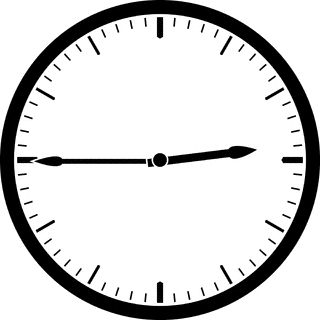Am I Losing My Memory?
At some time or another we’ve all misplaced something and wondered, ‘Am I losing my mind? Is there something wrong with my memory?’ For some, it’s the car keys, for others it’s the shopping list. In my case, I keep losing my gravitas, but that’s a whole nother story. All kidding aside, memory concerns can be a source of anxiety, whether they’re about yourself or someone you care about. The good news is that most of the time our concerns about memory are not related to actual cognitive impairment, as we call it in the medical jargon. In about two thirds of the cases that come to the attention of a health care provider, the patient’s memory is either normal or if it is impaired, it is related to a treatable condition, such as depression, chronic medical conditions, nutrition, or medications.
A Simple Memory Test
How can you tell whether your memory concerns are real or imagined? Thomas C. Rosenthal, MD, Chairman of the Department of Family Medicine at the University of Buffalo, has devised a simple test that can help distinguish between normal memory issues and actual cognitive impairment. He found that patients with cognitive problems will have difficulty drawing a clock showing a time of 2:45, while those with normal memory issues or impairment caused by treatable conditions will not. While this is not a definitive test, it can be a useful screening tool for medical providers. I haven’t tried the clock test on myself yet, but will try to remember to do so sometime soon.
Memory Tricks
There are some things we can do to improve our memory or to adapt to the gradual decline that we all experience with age. And there’s no shame in using these techniques…in fact, some may actually increase your memory skills. Among the most helpful techniques are writing notes, lists or diaries to help us navigate through the day or using verbal or written cues to remind us where we put the car keys, for example…as in saying out loud to ourselves, ‘I put the car keys on the dresser’. Some other ways to improve memory, according to Dr. Rosenthal, include participating in social activities like spending time with family and friends, getting exercise through such activities as gardening and walking…and who knew one of the most helpful would be playing computer games! All of these seem to have a positive and lasting effect on memory function. All right, there you have it. Now let’s see if you can draw a clock showing 2:45!
